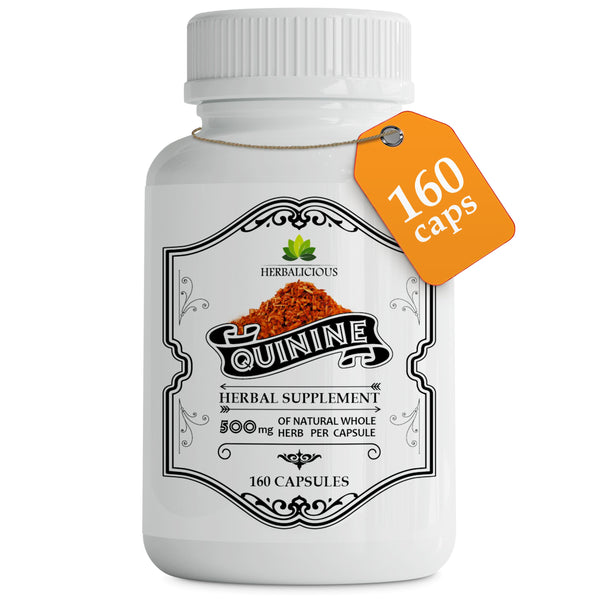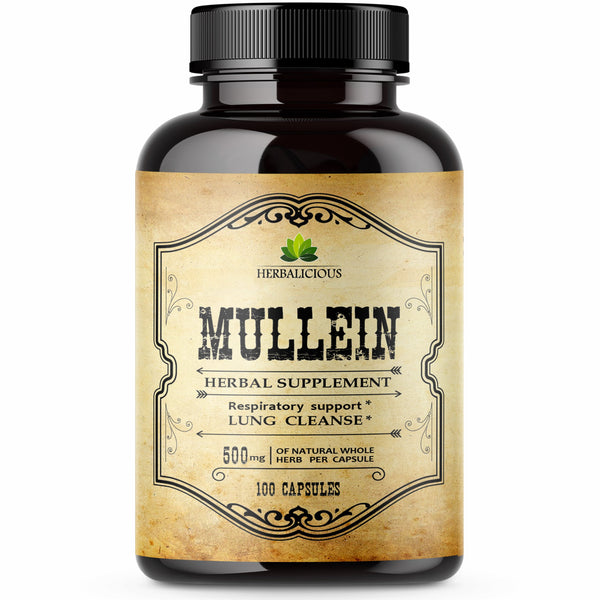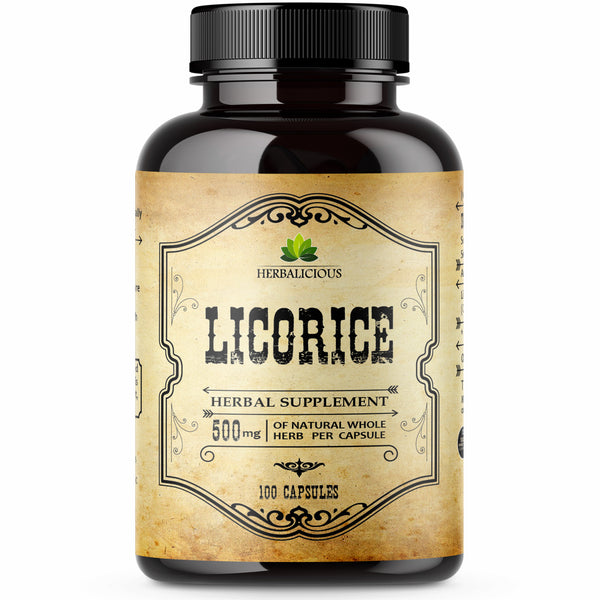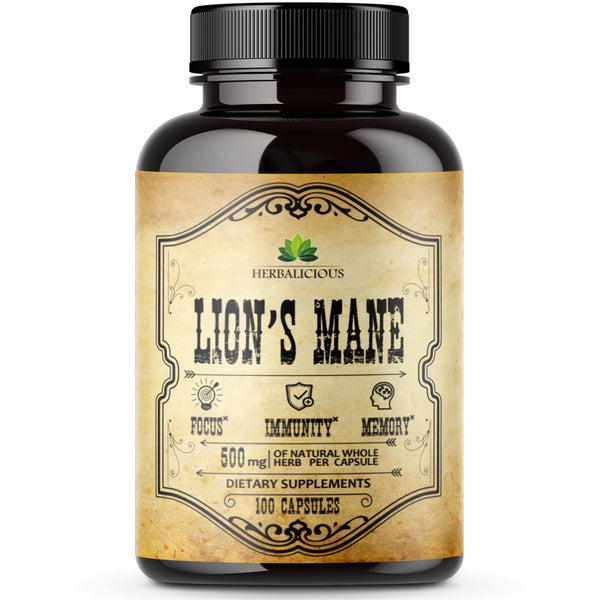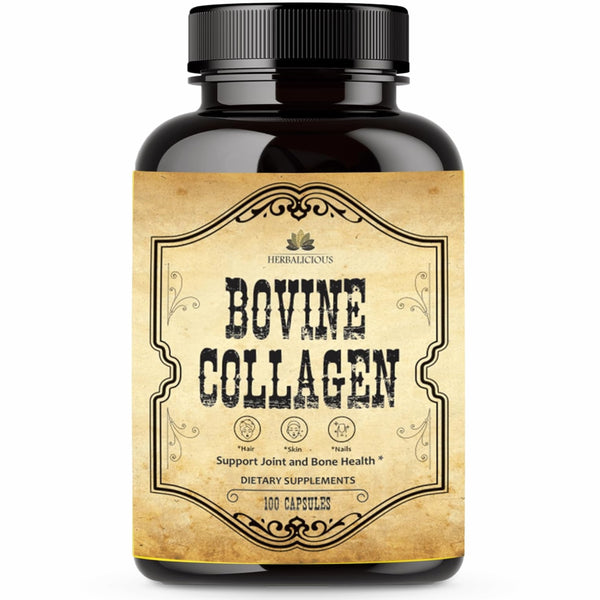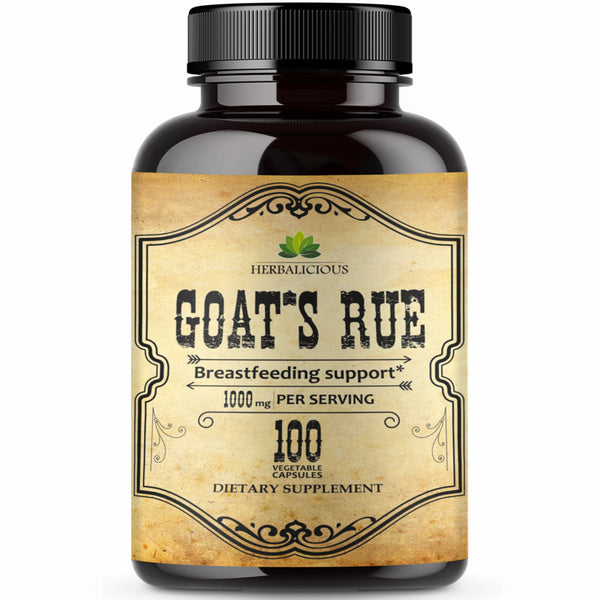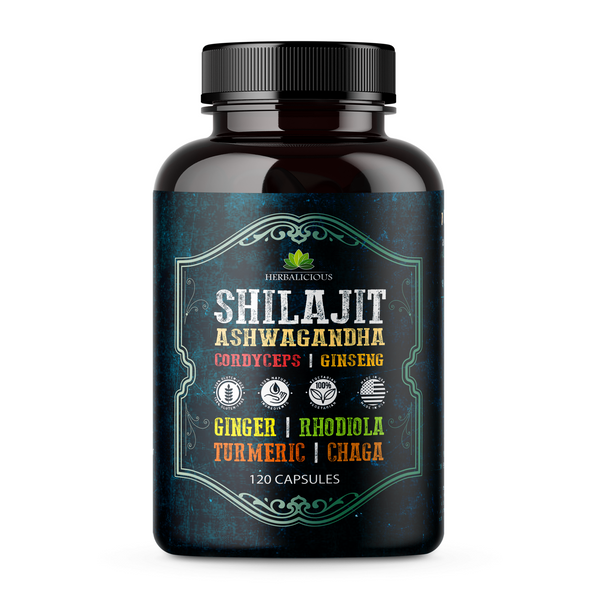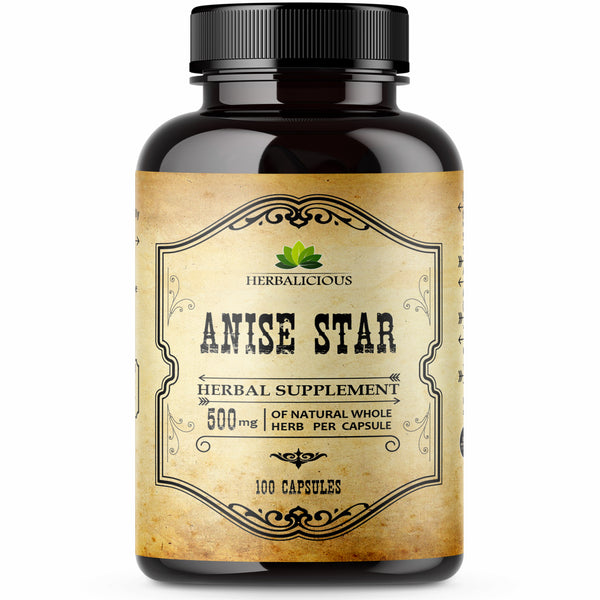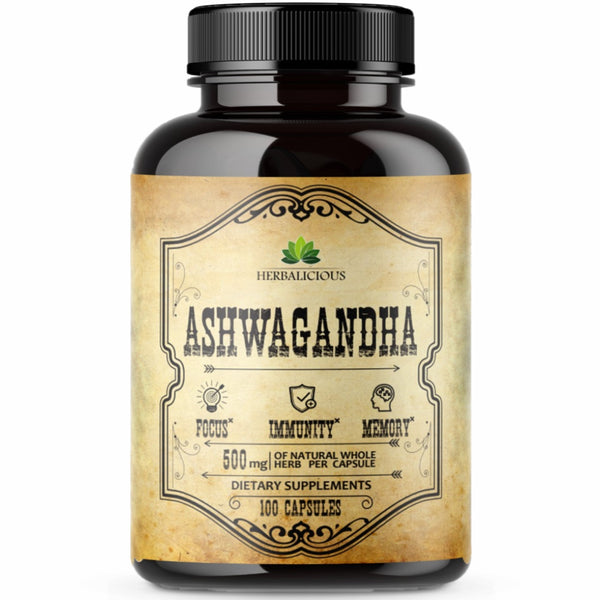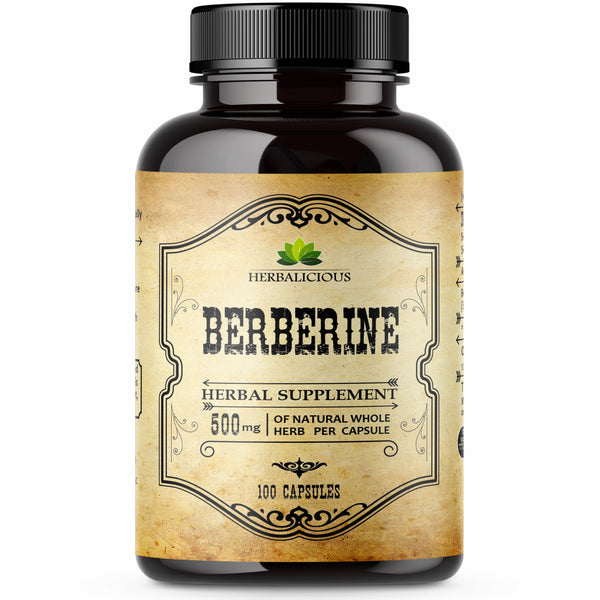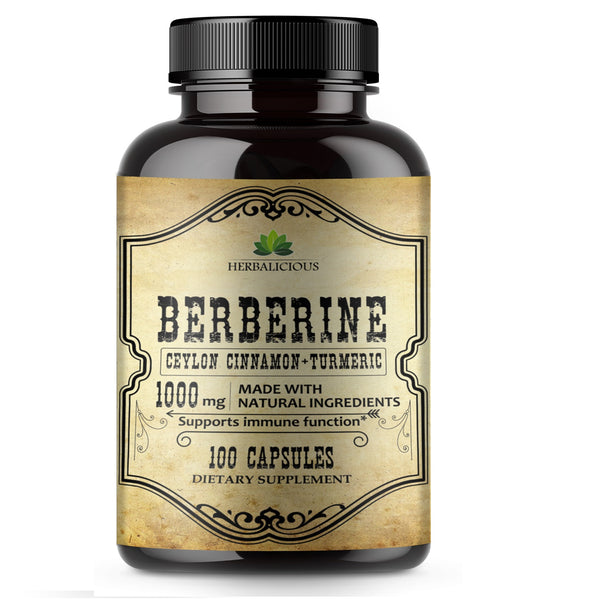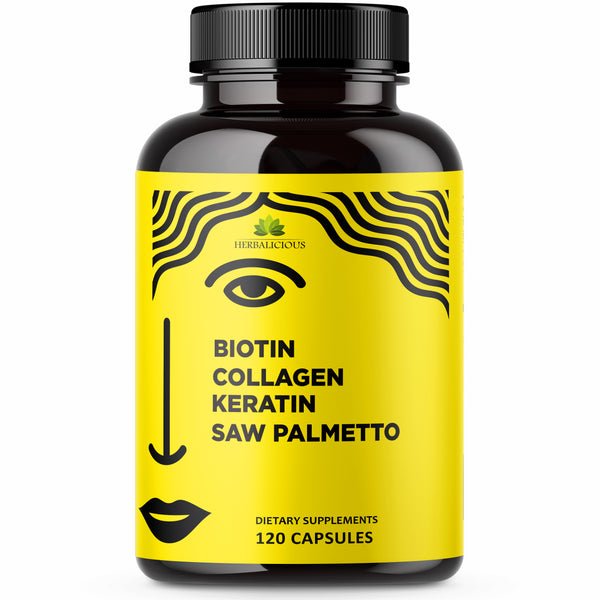Introduction to Respiratory Wellness
Breathing well means living well. It’s that simple. But, let’s face it, not all of us give our lungs the attention they deserve. Respiratory wellness is about making sure your lungs are in top shape so they can fight off pollutants, allergens, and diseases like a champ. It’s about taking deep, clean breaths that nourishing every part of your body. Think of your lungs as a filter. If the filter’s clean, everything runs smoothly. But if it’s clogged? Problems start. That’s where organic solutions come in. They’re like a tune-up for your lungs, helping to clear out the bad stuff and keep them working like they’re supposed to. So, let’s dive deeper and see how you can boost your respiratory health the natural way. Stick with us to explore simple, effective strategies that’ll have you breathing easier and living better.
The Role of Organic Solutions in Respiratory Health
Organic solutions play a crucial role in maintaining respiratory health by offering a cleaner, toxin-free way to support lung function. When we breathe in polluted air filled with chemicals, our lungs work overtime, leading to potential respiratory issues down the line. But by introducing organic products into our homes and lives, we decrease the amount of harmful substances our lungs have to filter out. This includes swapping out chemical-heavy cleaning products for organic or natural alternatives, choosing personal care items without synthetic fragrances, and even opting for organic foods to reduce the ingestion of pesticides that can affect respiratory health. Additionally, incorporating plants into our living spaces not only purifies the air but also boosts our mood. Making these changes helps keep our airways clear, supports overall lung health, and strengthens our body’s ability to fend off respiratory illnesses. Remember, what you breathe in directly impacts your respiratory health, so choosing organic where possible is a step in the right direction.
Types of Organic Solutions for Respiratory Issues
In our fight against respiratory issues, organic solutions stand out due to their natural composition and fewer side effects. These remedies harness the power of Mother Nature to soothe and heal. First up, we have essential oils. Popular choices include eucalyptus and peppermint oil, known for their ability to clear congestion and make breathing easier. Next, there’s herbal teas. Drinking a warm cup of tea made from herbs like ginger, licorice root, or chamomile can soothe a sore throat and calm a cough. Honey, especially when combined with hot water or tea, is another powerful, all-natural cough suppressant. For those who prefer inhalation, steam therapy with added essential oils or herbs can open up the airways and provide relief from congestion. Lastly, salt therapy, also known as halotherapy, involves inhaling salt particles, benefiting those with asthma or chronic bronchitis by clearing the airways and reducing inflammation. Turning to these organic solutions not only offers relief but also aligns us more closely with nature’s healing touch.
How Organic Solutions Improve Lung Function
Breathing easy isn’t just about staying away from pollution or quitting smoking. What we put into our bodies matters too. Organic solutions, like certain foods, plants, and oils, can actually help our lungs work better. First off, these natural helpers fight inflammation. This is key because when our lungs are inflamed, it’s harder for us to breathe. Foods that are rich in antioxidants, like berries, leafy greens, and nuts, play a big role here. They battle the bad stuff in our bodies that can make our lungs unhappy. Then there’s the power of plants. Ever heard of eucalyptus or peppermint? Inhaling their scents can open our airways, making breathing feel a bit easier. It’s like giving our lungs a refreshing drink of air. Plus, these organic options are way kinder to our bodies. Unlike some medical treatments that come with a long list of side effects, going natural often means fewer worries about how our body will react. In a nutshell, feeding our lungs with what nature offers can make a big difference in how well they work. It’s not a magic cure, but it’s a solid step towards better lung health. So, next time you think about how to keep your lungs in tip-top shape, remember that sometimes, the best solutions are the simplest ones.
The Benefits of Herbal Teas for Breathing Problems
Herbal teas are not just for relaxation; they’re warriors in the fight against breathing problems. A hot cup of certain herbal teas can work wonders for your lungs and overall respiratory health. For instance, peppermint tea uses the power of menthol to relax the muscles of the respiratory system, making breathing easier. Then, there’s ginger tea, packed with anti-inflammatory properties that can help reduce congestion and support lung function. Don’t overlook the benefits of licorice root tea, either. It acts as an expectorant, helping to loosen and expel mucus, while also soothing irritated throat muscles. Chamomile tea, known for its calming effects, also comes with anti-inflammatory benefits, aiding those with asthma by reducing inflammation in the airways. Lastly, eucalyptus tea, often used in steam inhalation, can also be sipped to help clear the nasal passages and reduce throat irritation. Sipping on these herbal teas can be a simple yet effective way to support your respiratory health, making each breath easier and more comfortable. Remember, while these teas can provide relief, they’re part of a broader wellness strategy and shouldn’t replace medical treatments prescribed by professionals.
Essential Oils: Natural Aids for Clearer Lungs
Essential oils come from plants. They’re concentrated and can pack a punch when it comes to health benefits, especially for your lungs. Think of them as nature’s way of offering a helping hand for breathing easier. Here’s the lowdown—eucalyptus and peppermint oils are top choices for clearer lungs. Eucalyptus oil is like a breath of fresh air, literally. It opens airways, fights congestion, and can even ward off cold symptoms. Peppermint oil isn’t far behind. It’s known for its ability to relax the muscles in your nasal passages and can also help clear out muck from your lungs. Using them can be as simple as adding a few drops to a diffuser or getting even more direct by inhaling them via steam. But, always remember, quality matters. Go for pure, organic oils to make sure you’re not inhaling anything you don’t want to. And, moderation is key. Too much of a good thing can be harsh on your system. In the clear, simple ways of using these natural powerhouses, you’re not just breathing; you’re taking a step towards better respiratory wellness.
Organic Foods That Boost Respiratory Health
Eating right isn’t just about keeping your waistline in check. It’s crucial for maintaining respiratory health, too. When it comes to breathing easier, certain organic foods pack a punch. Let’s talk turkey or rather, fruits, vegetables, and seeds. For starters, apples and tomatoes are your lungs’ best friends. These foods are rich in antioxidants, which help fight off the bad guys – toxins and pollutants that can harm your respiratory system. Then, we’ve got leafy greens like spinach and kale. These aren’t just for salads; they’re oxygen-boosting powerhouses thanks to their high levels of chlorophyll. And don’t forget about seeds, especially flaxseeds and chia seeds. Omega-3 fatty acids in these tiny wonders are great for reducing inflammation in the airways, making breathing a breeze. So, next time you’re at the grocery store, remember: apples, tomatoes, leafy greens, and seeds. Your lungs will thank you. Keep it simple, keep it organic, and breathe easy.
Breathing Exercises to Enhance Respiratory Wellness
Breathing exercises are a robust tool for boosting your lungs and overall respiratory health. Simple, right? Yet, these exercises pack a punch. Let’s dive into two proven methods: Diaphragmatic breathing and Pursed-lip breathing. Diaphragmatic breathing, also known as belly breathing, involves deep breaths from the diaphragm. You do this by breathing in slowly through your nose, letting your belly rise as your lungs fill with air. Then, breathe out through slightly pursed lips. This method is gold for relaxation and strengthening your diaphragm. Next up, pursed-lip breathing. This technique is simplicity itself but don’t underestimate it. You breathe in through your nose, then out through pursed lips, like you’re whistling. Slow and steady wins the race here. This breathing exercise is perfect for keeping your airways open longer, making every breath more effective. Incorporate these exercises into your daily routine. They’re easy, require no special tools, and the benefits for your respiratory wellness are massive.
Lifestyle Changes for Sustained Respiratory Health
To boost your respiratory health, making some lifestyle changes is key. First off, quit smoking. This one’s a no-brainer. Smoking harms your lungs big time, and stopping is the best thing you can do for your breathing. Next, stay active. Exercise strengthens your lungs and keeps them working well. It doesn’t have to be intense; even regular walks can make a difference. Also, check your indoor air. Get rid of dust, use air purifiers, and keep plants to clean the air naturally. Speaking of nature, spend more time outside in green spaces. Fresh air does wonders for your lungs. Lastly, practice breathing exercises. Just like any other part of your body, your lungs need a workout too. Simple deep breathing or yoga can improve lung capacity and efficiency. By sticking to these suggestions, your lungs will thank you in the long run.
Conclusion: Integrating Organic Solutions into Your Respiratory Wellness Plan
In wrapping up, remember that adding organic solutions to your respiratory wellness plan is a smart move. Think simple and clean. Things like staying in places with fresh air, using natural essential oils like eucalyptus or peppermint for clearing your airways, and practicing deep breathing exercises directly impact your lung health. Also, don’t overlook the power of plants in your living spaces. They’re not just for looks; they clean the air. Keep your diet loaded with foods rich in antioxidants—fruits and veggies are your best friends here. And, of course, regular exercise keeps your lungs in shape just as much as it does your body. All these steps, when integrated thoughtfully into your daily routine, boost your respiratory wellness without relying heavily on synthetic solutions. Simple changes, big difference.
